Blockchain and cryptocurrency have captured global attention, often making headlines for their price volatility and speculative investments. However, beyond the hype, these technologies offer transformative potential across industries. While many still associate blockchain solely with Bitcoin, its real-world applications extend far beyond digital currencies. In this article, we explore how blockchain is reshaping industries, ensuring security, efficiency, and transparency.
Understanding Blockchain Technology
At its core, blockchain is a decentralized, distributed ledger that records transactions across multiple computers. This structure ensures data integrity, making it nearly impossible to alter or hack. Transactions are grouped into blocks, verified through consensus mechanisms, and linked to form an immutable chain. By eliminating the need for intermediaries, blockchain enhances security and efficiency in various sectors.
The decentralized nature of blockchain also reduces single points of failure, making it ideal for applications requiring trust, transparency, and security. Its uses extend beyond cryptocurrency, offering solutions in finance, supply chain, healthcare, and beyond.
Blockchain in Financial Services
The financial sector was one of the earliest adopters of blockchain technology. Traditional banking systems involve numerous intermediaries, increasing costs and processing times. Blockchain streamlines transactions, reducing costs while enhancing security and efficiency.
One of the most notable applications is cross-border payments. Traditional money transfers can take days, but blockchain-based solutions like Ripple and Stellar enable near-instant transactions with lower fees. Additionally, smart contracts—self-executing contracts with coded terms—revolutionize lending and insurance by automating processes and reducing fraud.
Central banks are also exploring Central Bank Digital Currencies (CBDCs) using blockchain to enhance monetary policies and financial inclusion. With faster and more secure transactions, blockchain is set to redefine global finance.
Supply Chain Management and Transparency
Supply chain inefficiencies lead to significant losses for businesses. Blockchain introduces transparency by providing an immutable record of transactions, ensuring that every stage of a product’s journey is verifiable.
Companies like IBM and Walmart use blockchain to track goods from production to delivery, preventing fraud and ensuring product authenticity. This is particularly valuable in the food industry, where blockchain helps identify contamination sources, improving food safety. Additionally, luxury brands leverage blockchain to authenticate products, preventing counterfeiting.
By fostering trust between suppliers and consumers, blockchain enhances accountability, reducing risks and inefficiencies in supply chains worldwide.
Enhancing Security in Healthcare

Healthcare faces challenges such as data breaches, fragmented records, and inefficiencies in patient data management. Blockchain ensures secure, interoperable, and tamper-proof patient records, improving healthcare delivery.
With blockchain, patients have better control over their medical history, allowing authorized providers access to their records seamlessly. This reduces administrative burdens and enhances personalized care. Additionally, pharmaceutical companies use blockchain to track drug authenticity, combating counterfeit medicine distribution.
The implementation of blockchain in healthcare enhances data security, reduces costs, and improves patient outcomes, making it a game-changer for the industry.
Real Estate Transactions Made Efficient
Real estate transactions often involve lengthy processes and paperwork. Blockchain streamlines property transactions by reducing fraud and simplifying title management through smart contracts.
Property ownership records stored on a blockchain prevent disputes and fraudulent claims, ensuring a transparent and secure system. Smart contracts automate payments and property transfers, reducing reliance on intermediaries and cutting costs.
By integrating blockchain, the real estate industry achieves faster transactions, reduced fraud, and improved trust among buyers, sellers, and investors.
Transforming Identity Management
Identity theft and data breaches are growing concerns in the digital age. Blockchain offers a secure solution by enabling self-sovereign identity, where individuals control their personal information.
Governments and organizations explore blockchain-based identity systems, allowing individuals to verify their credentials without centralized authorities. This is particularly beneficial in areas with limited access to official identification.
By enhancing security and reducing identity fraud, blockchain-based identity management ensures greater privacy and control for individuals worldwide.
Conclusion
Beyond the speculative nature of cryptocurrencies, blockchain technology is driving real-world innovation across industries. From finance and supply chains to healthcare and real estate, blockchain enhances security, transparency, and efficiency. As adoption grows, its impact will continue to reshape global systems, proving that blockchain is far more than just a buzzword.
Businesses and governments investing in blockchain stand to gain significant benefits, making it a transformative force in the digital era. With ongoing developments, the future holds endless possibilities for blockchain technology beyond the hype.


